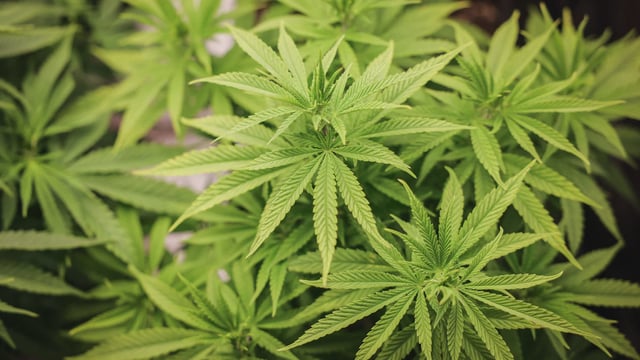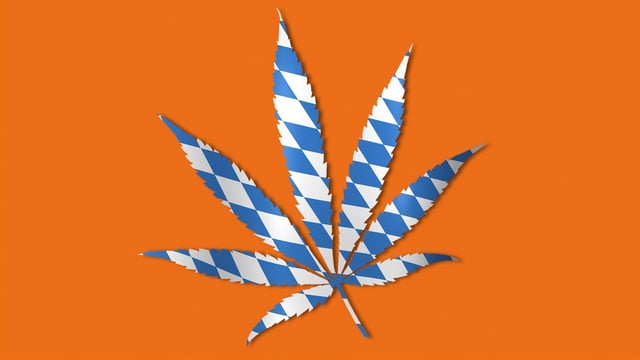Overview
- Germany's cannabis legalization law, enacted in April 2024, has been criticized for failing to significantly reduce the illegal drug trade due to insufficient legal supply.
- While drug-related criminal cases have decreased, police and local authorities report increased administrative burdens, including monitoring consumption zones and verifying legal possession.
- The CSU is advocating for the repeal of the law, citing concerns over youth protection, public safety, and a reported rise in traffic incidents involving cannabis.
- Progress on establishing Cannabis Social Clubs has been slow, with only 133 of 600 applications approved, leaving the legal market unable to meet demand.
- An official evaluation of the law's impact is scheduled for October 2025, with debates intensifying over whether to revise or roll back the legislation.


